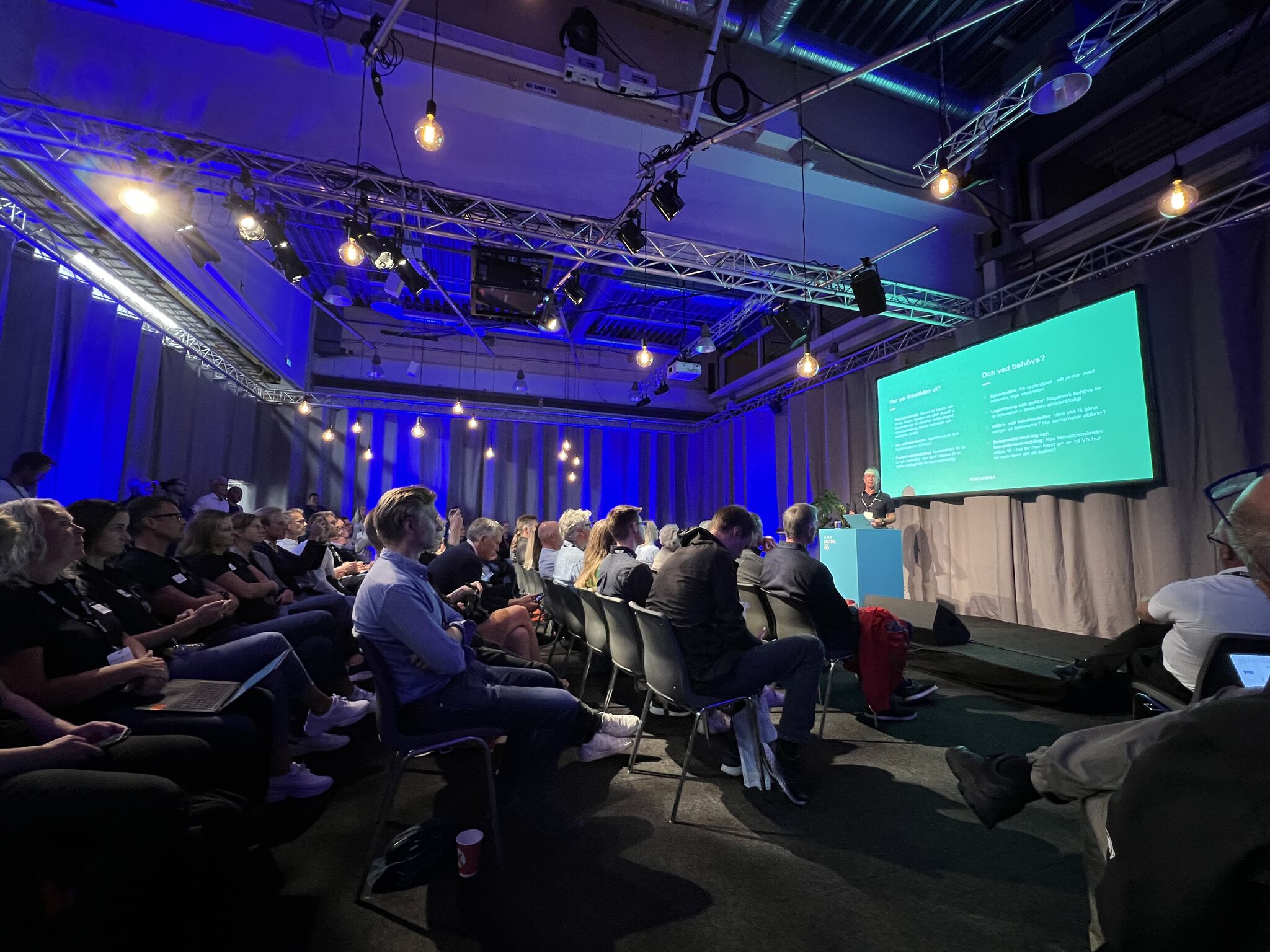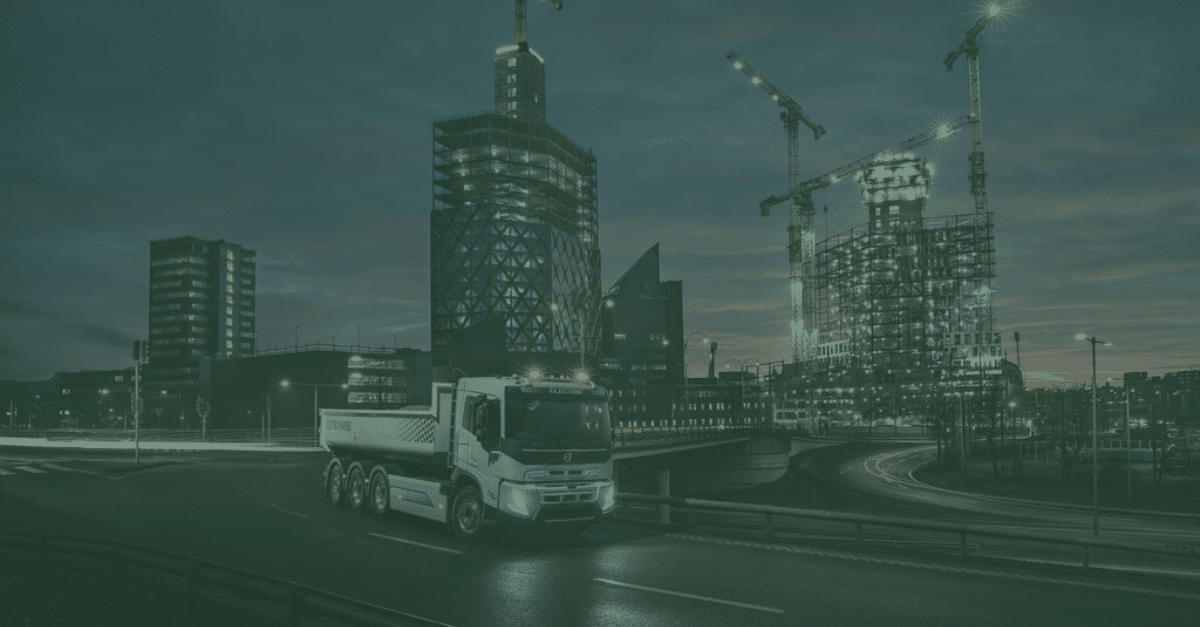The transition towards decarbonization and electrification of vehicle fleets stands as a pivotal strategy in combating climate change. It’s driven by many things – among this regulations from e.g. the EU with initiatives such as CSRD and the EU Green Taxonomy.
However, while large corporations often lead the headlines with their green initiatives, it’s crucial that small and medium-sized enterprises (SMEs) are not left behind in this green revolution – which unfortunately is at risk.
The Importance of Accessible Fleet Electrification
SMEs represent a significant portion of the global economy, contributing to innovation, employment, and local development. Their involvement in decarbonization efforts is not just beneficial but essential for achieving broader environmental goals.
Electrifying SME fleets can lead to substantial reductions in carbon emissions, given the cumulative impact of numerous small fleets transitioning to electric vehicles (EVs) – however, much of the global public conversation about electrification revolves around large enterprises and many of the presented solutions are, while being extremely important for finding innovative solutions, are attached to massive costs for smaller businesses.
As an example: Electric trucks are important because of the innovation – however they are attached to an investment few SMEs are able to committ to, leaving the solution only available for larger companies. (And just for clarity: We are avid supporters of every electric truck out there.)
Challenges Faced by SMEs
Initial costs and investment
One of the primary barriers to fleet electrification for SMEs is the upfront cost. Electric vehicles, along with the required charging infrastructure, represent a significant investment. For small businesses operating with tight margins, this initial expense can become a hard stop. Very few, if none, SMEs have the ability to switch their whole fleet in the blink of an eye.
Lack of transparency
While the will to electrify fleets are high among the business owners of SMEs, the lack of transparency and ability to oversee the electrification route ahead of them makes it hard to get anywhere. We often hear that the SMEs aren’t interested in electrification – something we wouldn’t necessarily consider as being close to the truth. Most depot managers do know about the long-term benefits of electrification and the incentives behind it – they rather lack support in making plans and getting actual data on how electrification can be made possible from the perspective of their own business, without having to compromise with efficiency.
Infrastructure
The availability of charging infrastructure is another concern, especially for businesses that operate in rural or underserved areas. This won’t be an issue after AFIR, and the charging infrastructure landscape has developed significantly over the the past years – but SMEs are challenged with questions about how to solve expenses from at-home-charging and the challenge of handling mixed fleets.
Transition period and running a mixed fleet
Transitioning to an electric fleet can involve operational downtime, which can be particularly challenging for SMEs that depend on continuous fleet availability. Planning and executing the transition without disrupting business operations is a significant challenge. One challenge related to this which is often overlooked is the challenge that comes with running a mixed fleet. All of a sudden, the fleet and depot managers need to handle double fuel types and double types of infrastructure – and this is the reality for most of the SME fleets since they, as mentioned earlier, rarely electrify a whole fleet at once.
Conclusion
Electrifying SME fleets is not just an environmental imperative but a must. By making decarbonization and electrification accessible to SMEs through smart tools, platforms and a collaborative mindset we can ensure a more inclusive and effective transition to electrification.
Overcoming the barriers to electrification requires a concerted effort from governments, businesses, and the private sector to provide the necessary support, incentives, and infrastructure – but it starts with actually wanting to help them along the way and making sure we make electrification and decarbonization accessible for all.
Book a demo or get a quote
We will get back to you within a business day



